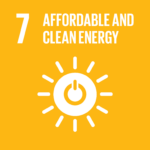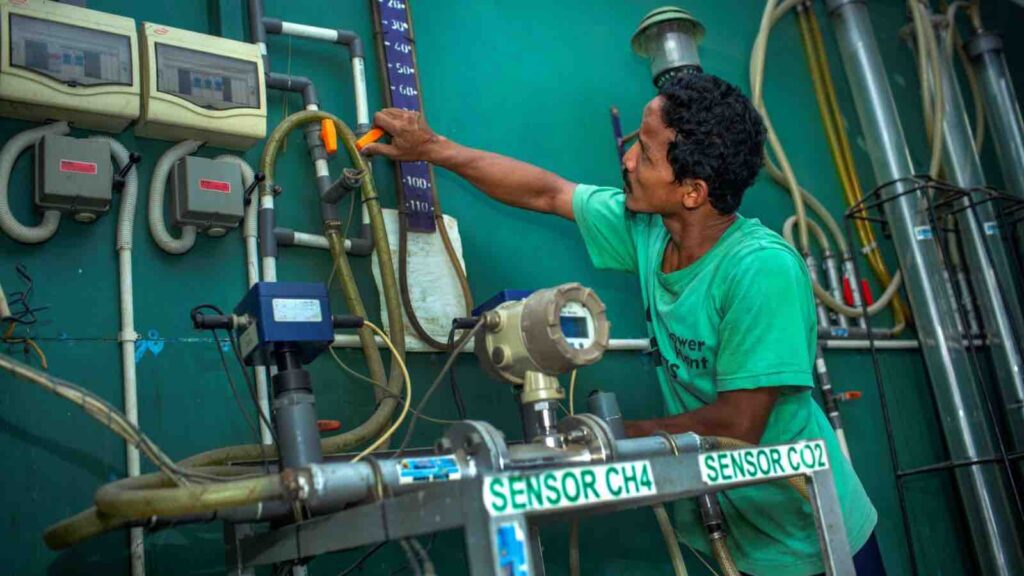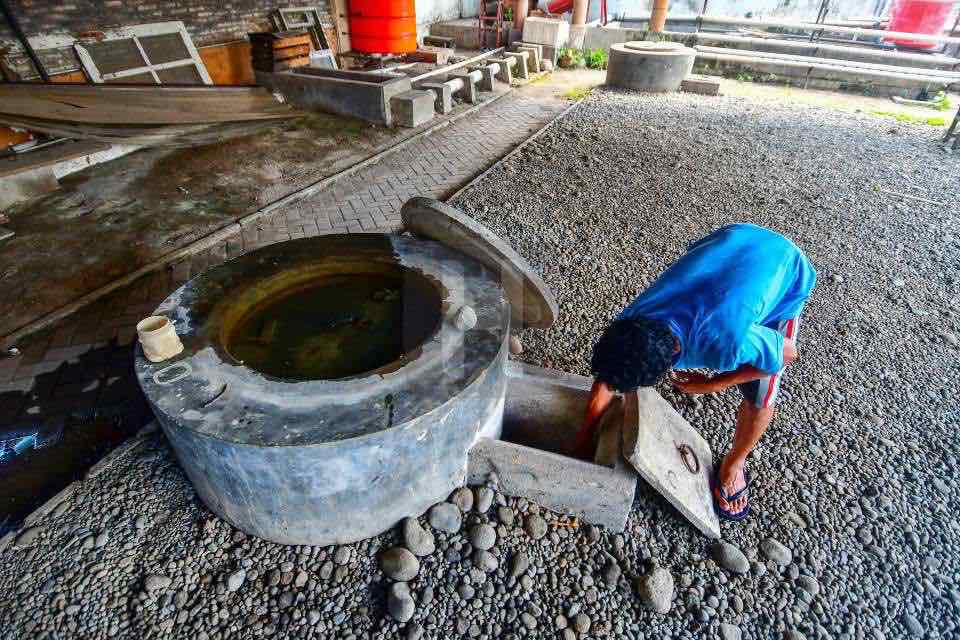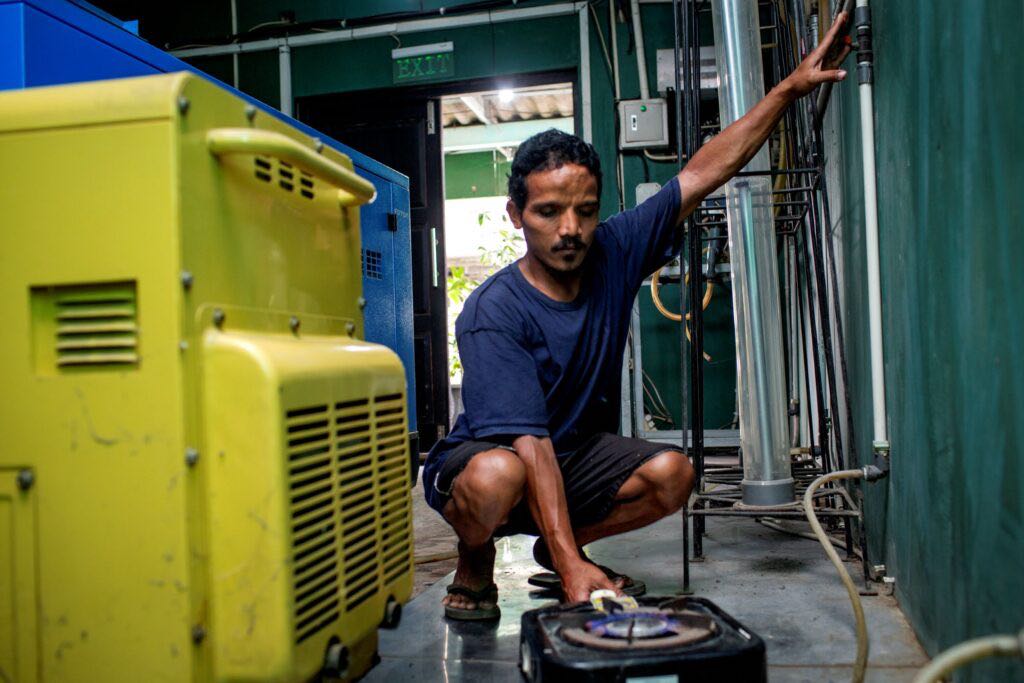The biogas power plant utilizes fruit waste as raw material to generate electricity, reducing the market’s reliance on the often overcapacity Piyungan Landfill.
YOGYAKARTA, Indonesia — The Gemah Ripah Market in Gamping, Yogyakarta, has gained recognition for its innovative biogas power plant project, a collaboration between Gadjah Mada University (UGM), the Sleman Regency Government, and the Gemah Ripah Market Cooperative. This project addresses two major challenges: waste management and energy provision.
RELEVANT SUSTAINABLE GOALS




The biogas power plant utilizes fruit waste as raw material to generate electricity, reducing the market’s reliance on the often overcapacity Piyungan Landfill. By processing its own waste and converting it into electrical energy used to illuminate the market, the project has achieved a significant milestone in waste management and energy efficiency.
Beyond cost savings, the consistent processing of waste at Gemah Ripah Market is a tangible step towards reducing greenhouse gas emissions. The biogas power plant in Gamping has successfully powered two 10-watt LED lights across the market’s 154 stalls, while nine 50-watt LED street lamps have also been illuminated.
Gemah Ripah Biogas Power Plant
Gemah Ripah Market, spanning 1.5 hectares with six blocks housing 154 stalls, is a hub for fruit and vegetable trading, serving residents from Yogyakarta, Kebumen, Purworejo, Banjarnegara, Cilacap, Majenang, and even Cirebon. The market has endured several relocations, initially situated on Jalan Sriwedani, south of Beringharjo Market, before being moved to the Pelem Gurih intersection on Jalan Wates, and finally to its current location on Jalan Wates, Ambarketawang, Gamping, by the Sleman Regency Government.
The success of this pioneering biogas power plant project can be attributed to the collaborative efforts between UGM, the Sleman Regency Government, and the Gemah Ripah Market Cooperative.
Suharsini, a fruit trader, cooperative member, and former chairperson of the Gemah Ripah Market Cooperative from 2003 to 2015, played a pivotal role in the project’s inception. “We’re working with microbes. They’re living organisms. If we provide them with conditioning, they’ll learn and adapt,” explained Fajar, referring to the process of biogas production from fruit waste.
While the initial concentration of methane gas produced from citrus fruit waste may be lower, researchers believe that by introducing other fruits, activators, and continuous training, the process can achieve the desired standards.
From its inception, the Gamping Biogas Power Plant was designed with a concept of self-reliance in its management, maintenance, and operation. Although the basic concept was adopted from technology used in Borås, Sweden, the design in Gamping was adapted to Indonesia’s climate and waste composition. The plant utilizes bacteria from cow dung as a starter, while Borås has already employed genetic engineering to accelerate the decomposition of organic waste.
As the Piyungan Integrated Waste Management Site (TPST), commonly known as the Piyungan Landfill, has experienced temporary closures due to overcapacity or infrastructure improvements, the existence of the Gamping Biogas Power Plant has simultaneously addressed waste management and provided a communal energy source.
Through its innovative approach to waste management and energy generation, the Gemah Ripah Market’s biogas power plant project stands as a remarkable example of collaboration and sustainable practices, offering a promising path towards a more environmentally friendly and self-sufficient future.
Lead image courtesy of Iklimku.org
You may also be interested in :
Cilacap’s RDF Plant: Turning Waste Into Fuel For A Greener Future





